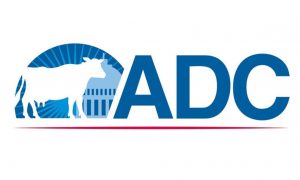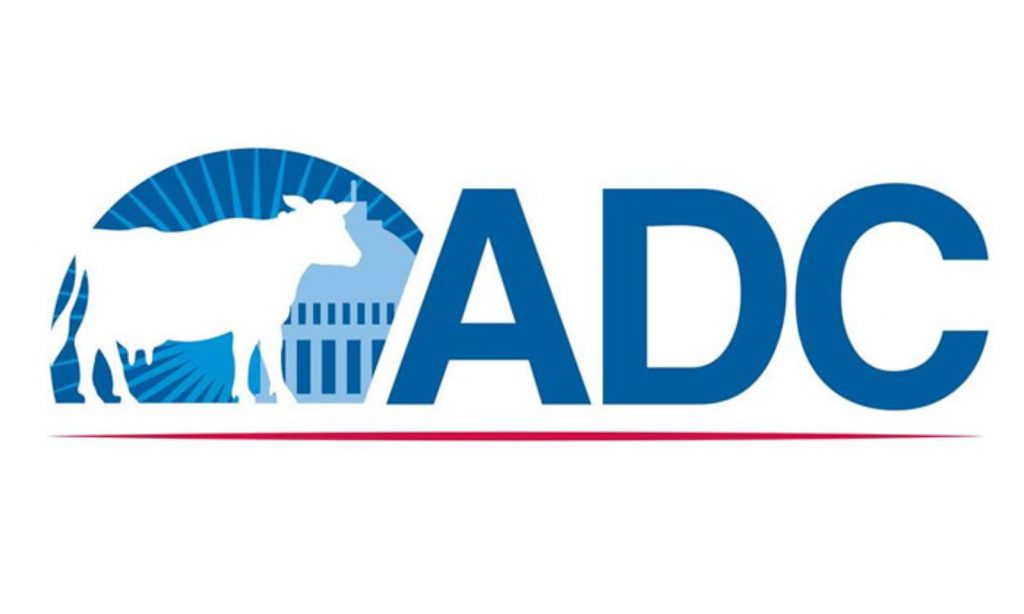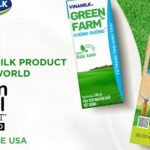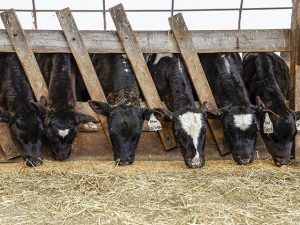
Dairy
“Our ongoing efforts have been focused on raising awareness of short- and long-term challenges, collaborating with experts to understand these challenges, proposing practical solutions, and engaging dairy farmers to have a strong independent producer voice at the table on issues of dairy markets and policy,” said Laurie Fischer, ADC CEO.
Milk Pricing
One key short-term priority is to see the Class I milk price ‘mover’ returned to its previous ‘higher of’ formula in the 2023 Farm Bill.
“The 2018 Farm Bill made the change away from the ‘higher of’ to a ‘simple average’ with a 74-cent adjuster without hearings and without producer referendum. We want to see an equally quick path to change it back,” said Fischer. “We understand this change was intended to be revenue-neutral, but producers ended up being harmed by how it affected their milk checks and risk management strategies, especially during periods of market stress and volatility when they have the most risk to manage.”
For the long-term, ADC seeks a national Farm Bill hearing on the sustainability of Federal Milk Marketing Orders (FMMO).
“The systemic issues of declining fluid milk sales and declining FMMO participation create instability and uncertainty for dairy farmers. The FMMO system is the only structure for price discovery, market transparency, payment oversight, and other services in an increasingly less competitive, less transparent, and globally significant dairy market, where farmers have fewer milk buyer options and more demands being placed on their farm business practices,” Fischer said.
Nutrition Innovation
Declining Class I fluid milk sales and declining overall FMMO participation have accelerated during the decade since 2012, when federal nutrition policies removed whole and 2% milk options from schools and other nutrition programs.
Class I fluid milk sales are what the FMMO system is based on, and Class I milk processors are the only ones required to be regulated by the FMMO.
“In our webinars and discussions with experts, we see Class I sales are now below 20% of total U.S. milk production. This decline and the Class I pricing change together create conditions for massive de-pooling of milk,” Fischer pointed out, citing data showing federal and state milk marketing order participation fell from a high of 85 to 95% prior to 2012, to 60% in 2021.
“Fluid milk has been under attack. We want to see federal policies prioritize nutrient density and release the vice-grip of fat restrictions while restoring truth and integrity in the labeling of milk and dairy products vs. non-dairy alternatives so consumers are able to make informed choices for themselves and their families,” she said.
ADC supports restoring whole milk in federal nutrition programs like National School Lunch and Breakfast Programs and WIC. This includes exempting nutrient-dense foods like whole milk from the fat limits the Dietary Guidelines impose on nutrition programs and dairy checkoff promotions.
“We believe pilot programs to get whole white and whole chocolate milk options back into schools would empower children to make healthy choices, to choose milk they will enjoy and therefore benefit from, and improve the next generation performance of the fluid milk category,” she said.
Conservation and Climate
“Cows are also under attack, and ADC is standing up for them as dairy farmers face increased public and private scrutiny of methane emissions. In today’s ‘net-zero’ world — with the complications of climate targets and data tracking — it is critical that public and private policies reflect the truth: Cows are not cars,” said Fischer.
“An enormous error is being made in calculating the global warming potential of cow belches using a calculation that greatly overstates their impact. Cow biology is part of a natural cycle that has been going on since the beginning of time. If we don’t get this fundamental methane calculation correct — using GWP-star instead of GWP100 — farmers will find themselves constantly trying to make up for the natural biology of their cows, even though this belched methane is not new. It is continually recycled through the air, plants, cattle, and the nutrient-dense milk and dairy foods they produce,” Fischer notes.
This methane, this carbon equivalent, is short-lived, not long-lived. It is existing carbon that is recycled, not previously sequestered carbon being extracted.
“Cattle truly are recyclers and upcyclers, and dairy farmers are essential food producers that are closest to nature as the bottom rung of the vital food production ladder. It is essential that sustainability initiatives be voluntary and incentive-based, not punitive. It’s essential that farmer access to capital and markets not hinge on climate targets, that farmers get credit for what they are already doing, that they be recognized as leaders and have the ability to retain control and ownership of their data and achievements as part of their own farm’s footprint — no matter how those credits may be counted within or outside of the supply chain,” Fischer added.
American Dairy Coalition is ready to collaborate on these and other priorities so that all sectors of the dairy industry can successfully manage their businesses producing vital milk and dairy foods and getting them from farm to table in a hungry, dynamic changing world.


























